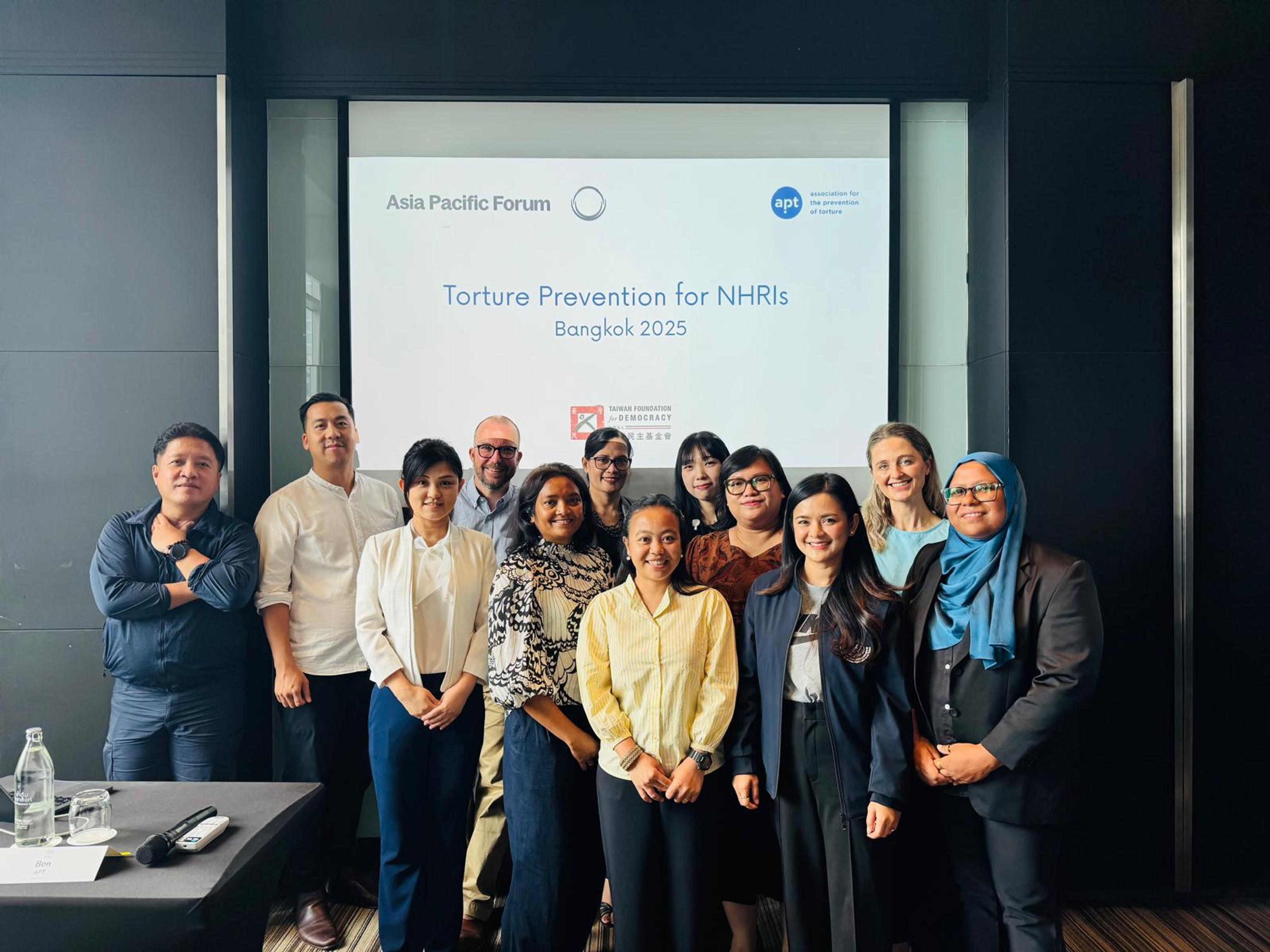Progress in campaign for seat on women’s policy body
An impressive contingent of NHRIs attended the Commission on the Status of Women to campaign for independent participation in the global policy body.

An impressive contingent of national human rights institutions attended the recent session of the Commission on the Status of Women (CSW) this month to campaign for their independent participation in the work of the global policy-making body.
Eleven NHRIs attended the 54th Session of the CSW, held in New York from 1 – 12 March, up from five in 2009 and just one in 2008. They included the human rights commissions of Australia, Canada, Jordan, Korea, Mexico, New Zealand, Nigeria, Philippines, South Africa, Spain and Thailand.
Their lobbying efforts were led by Jennifer Lynch, Chair of the International Coordinating Committee (ICC) of National Human Rights Institutions, and coordinated by Pip Dargan, from the Asia Pacific Forum.
"It was very important that, for the first time, NHRIs from each of the ICC's four regions of Africa, the Americas, Asia and Europe attended the session to add their voice to the campaign," said Ms Dargan.
With the support of the Australian Permanent Mission in New York, the ICC held an informal meeting between governments and NHRIs on the issue of independent participation.
Unlike the UN Human Rights Council, NHRIs may only participate in sessions of the Commission on the Status of Women if they are invited by to attend as part of their government's delegation.
In another first, the 11 national human rights institutions issued a joint statement encouraging the CSW to support a resolution allowing the independent participation of NHRIs, consistent with other UN bodies.
In addition, the Canadian Government invited Ms Lynch, who is also Chief Commissioner of the Canadian Human Rights Commission, to use its speaking time to make a statement during a panel discussion on the 'Evolving Status of National Mechanisms for Gender Equality'.
Ms Lynch told the gathering that having NHRIs "at the table in their own right will enhance the ability of the CSW to achieve its goals" by providing objective expert advice, supporting efforts to monitor and implement CSW recommendations at a national level and through promoting women's rights as human rights.
The initiative is backed by the current CSW Chair, the Ambassador of Armenia, His Excellency Mr Garen Nazarian, although cross-regional support from other governments will be necessary for the development and adoption of a formal resolution.
"We have certainly made very strong progress on this issue over the past two years," said Ms Dargan. "However to achieve our goal we need the continued, concerted and coordinated efforts of NHRIs from all parts of the globe."
She said there were a number of steps that NHRIs could take to continue the momentum in the lead up to the CSW's next session in March 2011, including:
- Discussing the issue with relevant government ministries, such as ministries for women and foreign affairs
- Encouraging their governments (both in-county and UN Permanent Missions) to actively support the Armenian Permanent Mission in New York in its role as CSW Chair
- Raising the issue in treaty body reports, particularly CEDAW, and reports to other relevant human rights mechanisms
- Engaging with NGOs and civil society groups to build awareness and support.
At the suggestion of the CSW Chair, the ICC and the APF will also consider attending the Annual Ministerial Review, to be held in New York in June, which would provide an opportunity to meet with a wide range of Ambassadors and highlight the practical benefits of independent participation of NHRIs.
15 years on, assessing progress on women's rights
This year's session of the CSW marked 15 years since the adoption of the Beijing Declaration and Platform for Action – the outcome of the Fourth World Conference on Women in Beijing in 1995 – which remains the most comprehensive global policy framework to achieve gender equality, development and peace.
The Platform called for action on 12 key issues: poverty, education and training, health, violence against women, armed conflict, economy, power and decision-making, institutional mechanisms, human rights, media, environment, and girls.
Member States, representatives of civil society and the private sector met for two weeks to assess what has been achieved since the Beijing Conference, share experiences and good practices and discuss priority actions to deal with persistent obstacles and new challenges.





